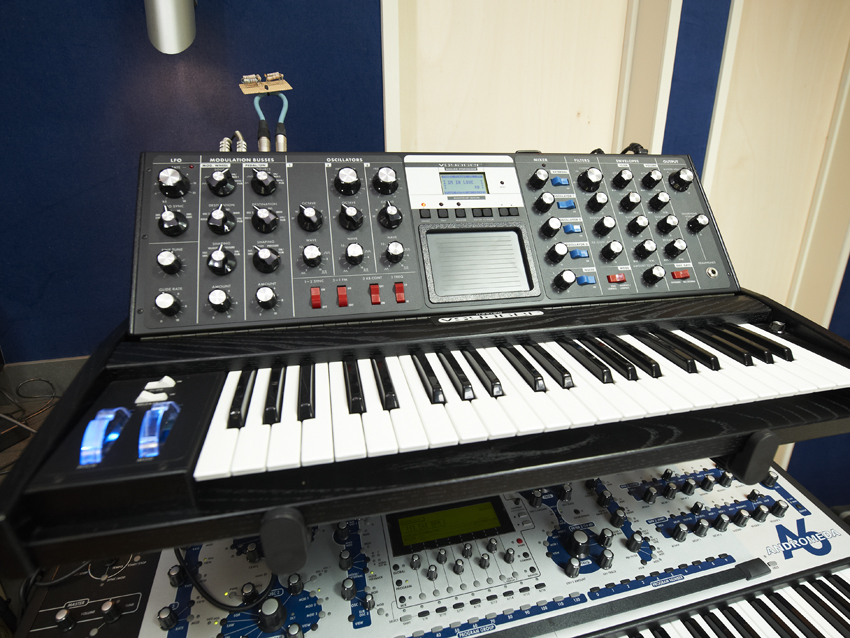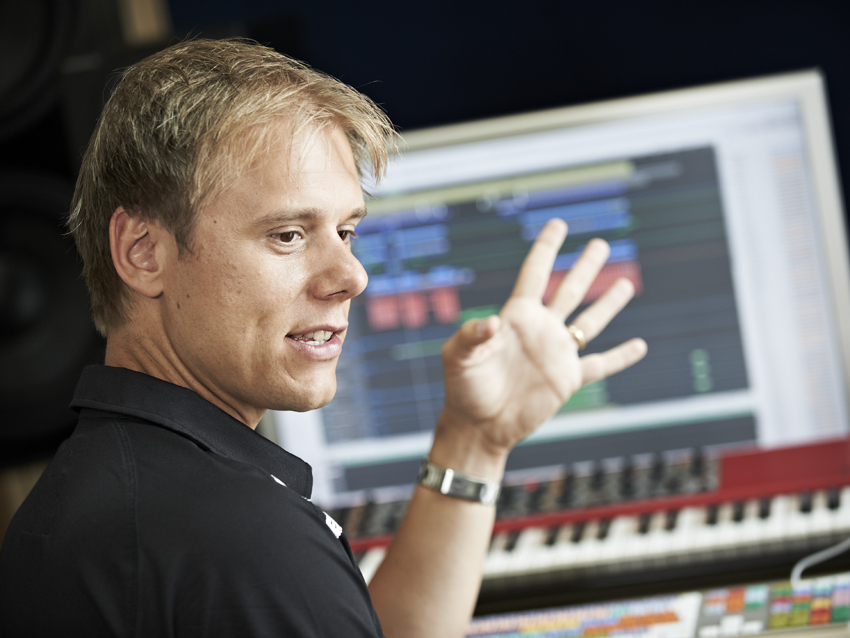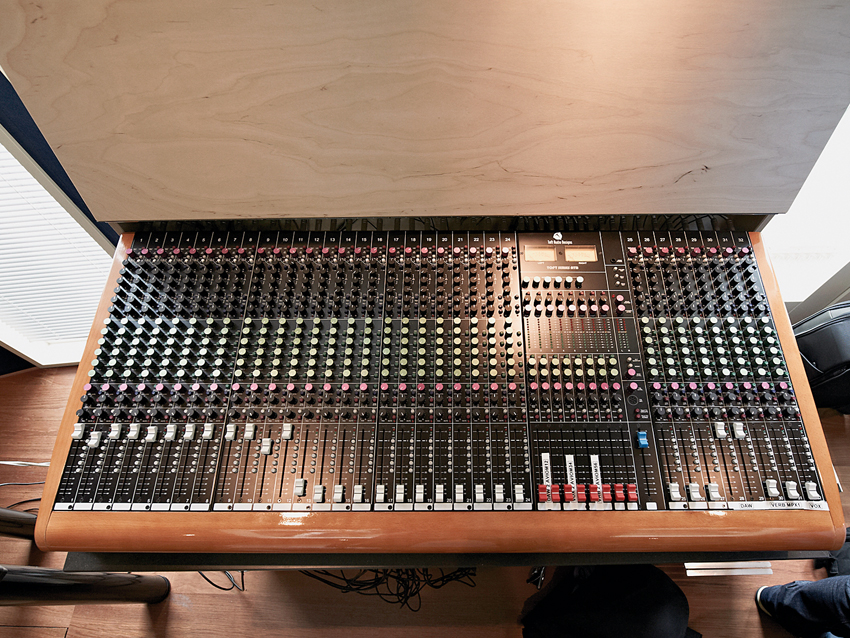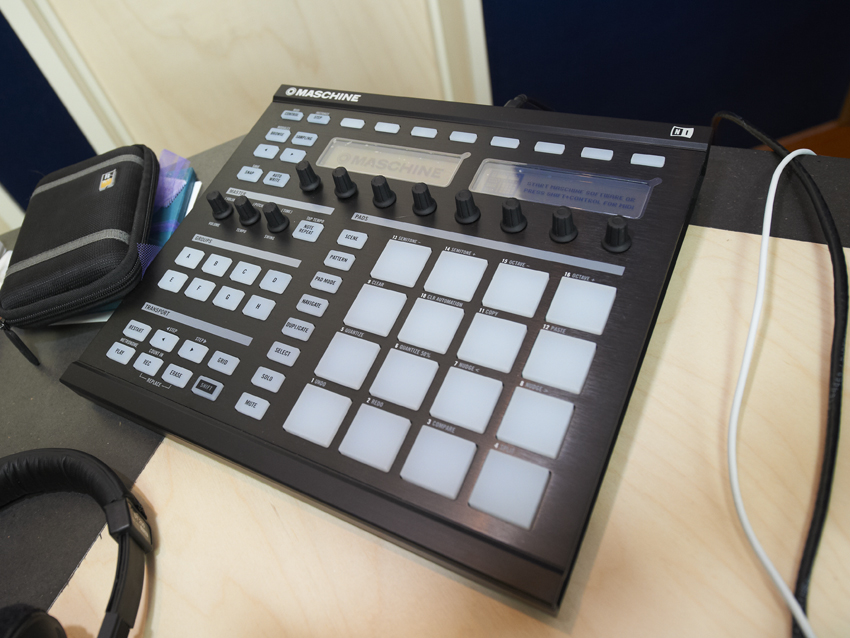In pictures: Armin van Buuren's studio
The world's number one DJ gives us the tour
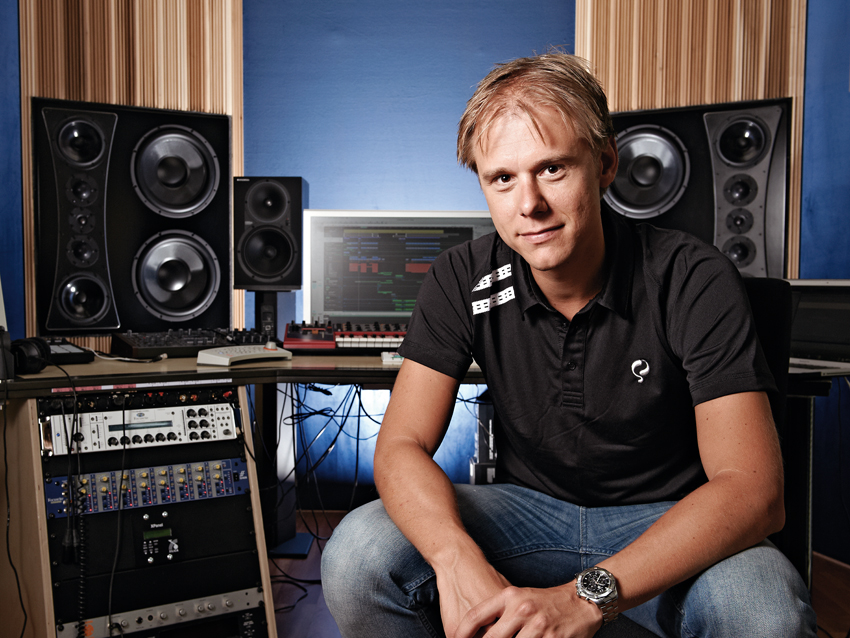
Intro
Armin van Buuren's CV explains it all. He’s had five Number 1 spots on the DJ Top 100, he regularly works the booth around the globe, playing to over 30,000 people, and he’s had commercial chart success - his album Imagine was the first dance record to go straight to Number 1 in the Dutch charts.
Starting out in a studio in his parent’s basement, he rode the trance train to international success, reaching Number 18 in the UK charts with Communication in 2000. His schedule hasn’t slowed since, with his weekly radio show A State of Trance reaching an estimated 25 million people worldwide. He also co-founded Armada Music, whose roster of trance royalty, including Paul van Dyk, Markus Schulz, ATB and Chicane, has gained it a huge global following.
All the while, his studio has progressed from a DAT-driven hardware-heavy cluttered basement to a fully in-the-box custom-treated facility. Now let's step inside...
NEXT: The studio
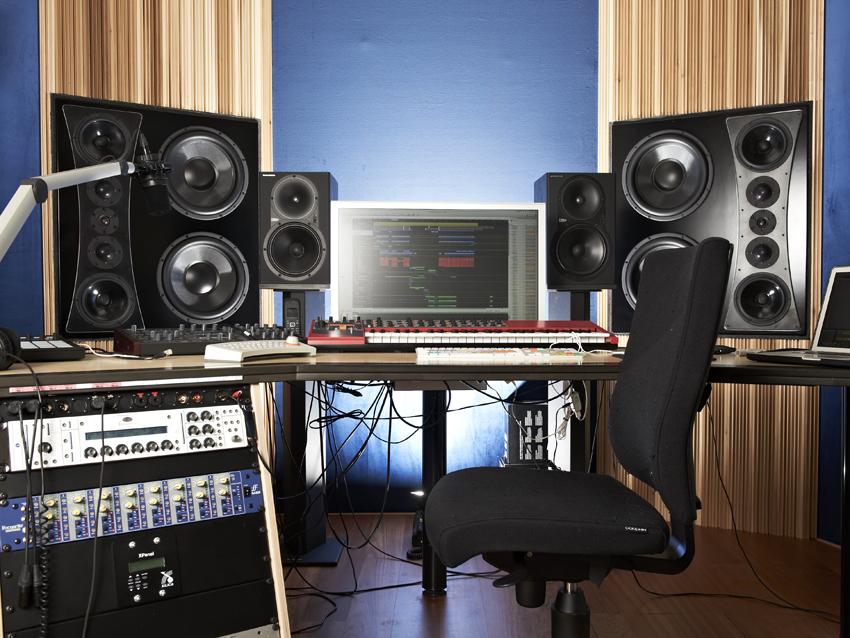
The studio
“The biggest change for me was going from outside to inside the box. Most electronic music producers now, with a few exceptions, produce a track from scratch in their DAW.
"When I started I owned a sequencer, samplers, synthesizers, a big mixer, DAT machines and a lot of cables. It was much more expensive back then to start producing and owning a studio."
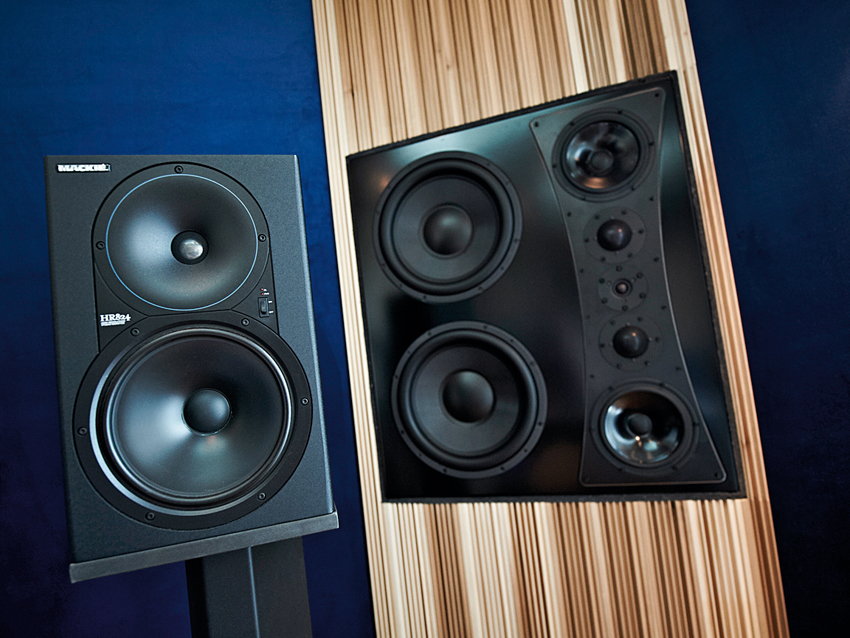
Custom monitors
“My mainfield monitors are by Mischa Jacobi. They're the most essential part of my studio thanks to the acoustic treatment. I can now hear what I’m doing!
“I’ve had the Mackie HR824s for years and now use them as an alternative to the Mischa Jacobi speakers. I think it’s essential to have two completely different sounding speakers in your studio.”
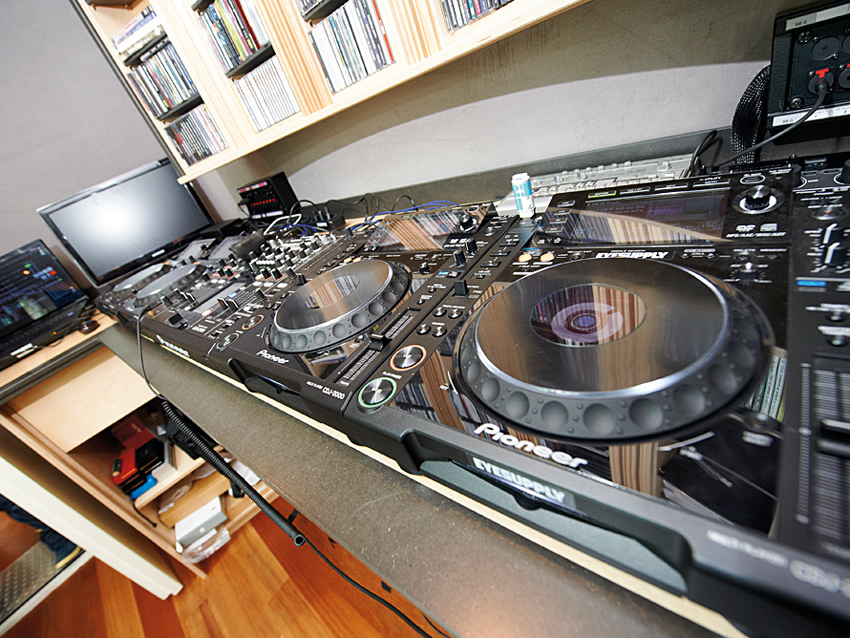
Pioneer CDJ-2000s
“This is my DJ setup: I still mix ‘old school’ without any sync. Hard drives aren’t made for clubs, where everything vibrates and people tend to spill drinks on your laptop while you’re in the middle of your set. It can really kill the vibe. SSDs are a bit better but can crash as well.
“I heard a DJ play once in front of 40,000 people. He had to reboot his Mac so the whole room heard the famous ‘Boiiing’ startup sound! Fortunately, computers and hardware are becoming more stable and made for clubs. Using DAWs live, it’s easy to get lost in possibilities."
Future Music is the number one magazine for today's producers. Packed with technique and technology we'll help you make great new music. All-access artist interviews, in-depth gear reviews, essential production tutorials and much more. Every marvellous monthly edition features reliable reviews of the latest and greatest hardware and software technology and techniques, unparalleled advice, in-depth interviews, sensational free samples and so much more to improve the experience and outcome of your music-making.


